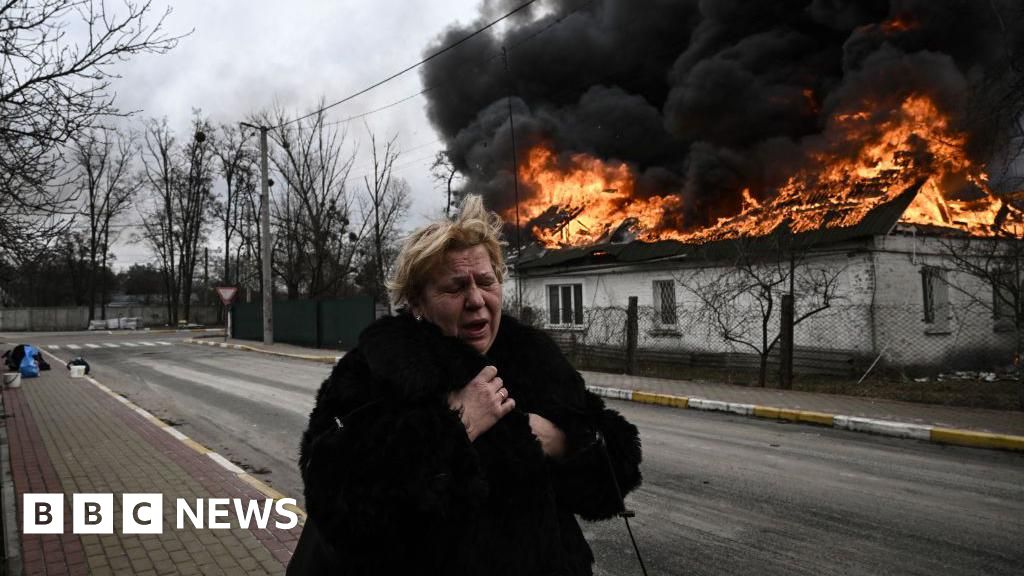The Israeli Iron Dome air defense system intercepts missiles fired from southern Lebanon over the the city of Safed in upper Galilee, northern Israel, on September 25, 2024. The United States and its allies on Wednesday announced a proposal for a 21-day cease-fire. Photo by Atef Safadi/EPA-EFE
Sept. 26 (UPI) — The United States and its allies, including several in the Middle East, are calling for a three-week cease-fire between Israel and Lebanon-based Hezbollah to allow for a diplomatic solution to their fighting to be negotiated amid worries that the conflict could spread throughout the region if not halted.
“It’s time for a settlement on the Israel-Lebanon border that ensures safety and security to enable civilians to return to their homes,” U.S. President Joe Biden said in a statement Wednesday night.
“The exchange of fire since October 7th, and in particular over the past two weeks, threatens a much broader conflict and harm to civilians.”
The 21-day, temporary cease-fire, Biden said, would create a window “to give diplomacy a chance to succeed and avoid further escalation across the border.”
Australia, Britain, Canada, the European Union, France, Germany, Italy, Japan, Saudi Arabia, the United Arab Emirates and Qatar have endorsed the plan.
“We call on all parties, including the Governments of Israel and Lebanon, to endorse the temporary ceasefire immediately consistent with UNSCR 1701 during this period, and to give a real chance to a diplomatic settlement,” the countries said in a joint statement, referring to the United Nations Security Council resolution that called for the end of fighting between Israel and Iran-backed Hezbollah during their armed conflict of 2006.
“We are then prepared to fully support all diplomatic efforts to conclude an agreement between Lebanon and Israel within this period, building on efforts over the last months, that ends this crisis altogether.”
Israel and Hezbollah have been exchanging attacks over the Lebanese border since Oct. 8, a day after Hamas, another Iran-backed militia, attacked Israel, killing 1,200 Israelis, kidnapping 251 others and igniting the nearly one-year-old war.
The United States and its allies had pushed to secure a cease-fire between Israel and Hamas over the summer, which has since stalled, and have now turned their attention to securing a temporary one between Israel and Hezbollah as their conflict has greatly intensified in the last few weeks.
The joint statement was published Wednesday following an emergency U.N. Security Council meeting on the cross Lebanon border conflict called by France. French Foreign Minister Jean-Noel Barrot told the council that they should use the ongoing U.N. General Assembly that has brought world leaders to New York City to “impose a diplomatic solution and turn around this cycle of violence.”
“War is not inevitable” he said. “A diplomatic solution is indeed possible.”
The temporary cease-fire platform announced by the United States, but fashioned with France, should be accepted by both Israel and Hezbollah “without delay,” Barrot said, to prevent further destruction and death.
“We stand fully ready to work on this,” he said, adding that he is going to Beirut this week to advance the cease-fire proposal.
Fears of an all-out war have skyrocketed since last week when communications devices held by Hezbollah militants in Lebanon exploded in an daring, coordinated attack blamed on Israel, leading to further intensification of the cross-border fighting.
At the same time, Israel said its Security Cabinet updated the objectives of the war against Hamas to include returning tens of thousands of Israelis, evacuated due to the Lebanon border fighting, to their northern Israel homes.
On Monday, the United States announced it was sending a small number of additional troops to the region while the European Union warned the conflict was devolving into a “full-fledged war.”
Barrot told the 15-member Security Council on Wednesday that the consequences of the war spilling throughout the region would be “incalculable.”
“Lebanon, considerably weakened, would not be able to be restored after such a war,” he said.









